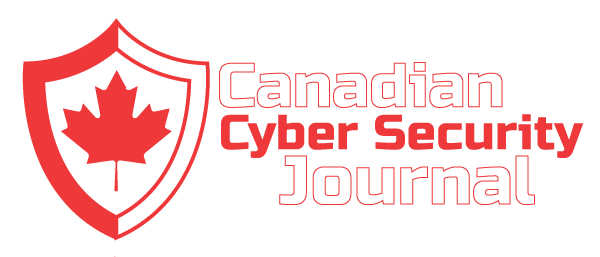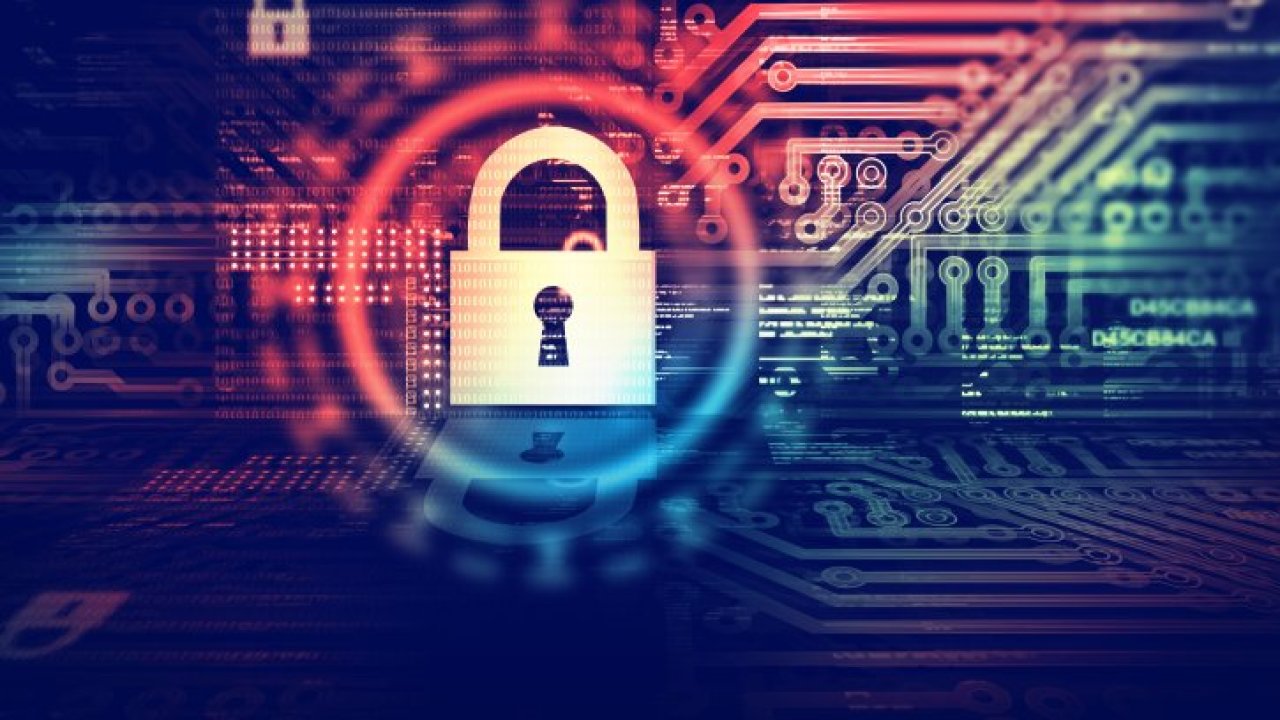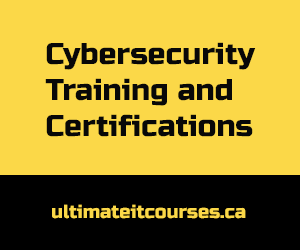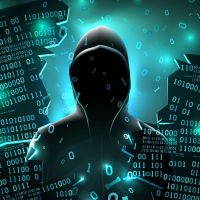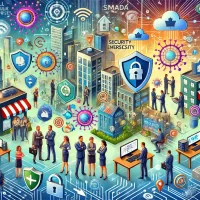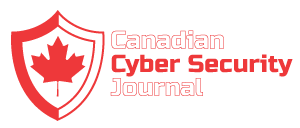Dr. Jonathan Graham, a long-time Computer Science professor in Norfolk State University’s Cybersecurity program suggests the following:
- Make sure computers always have antivirus software.
- Programs defending against malicious software or ‘malware’ add another layer of defense.
- Passwords should be at least eight characters and something not easily figured out. Write down passwords and keep them at home or use a password manager.
- Avoid shopping on suspicious websites. If it seems too good to be true, it probably is.
- If multifactor authentication, meaning at least two forms of confirmation that it’s you logging in (i.e. a code), use it.Graham also suggests to avoid accessing personal information on another person’s device and on public networks like at an airport, for example.
“You may not know how secure [their] machines are so when it comes to doing things like personal banking, personal things like email, just do it on your own machine which you have protected,” he tells News 3.
And avoid clicking any suspicious links that are sent to you. They can expose you to malware.
If you make a mistake and feel your personal information is at risk, Graham says to shut down the device and take it to an expert to get cleaned.
“You want to keep a backup of the stuff on your machine because if you have a backup and you think you’ve done something wrong, then you can wipe your entire machine and start again,” he said.
There are several ways to backup information. Graham suggests using a cloud system like iCloud or even Google Drive. An external hard drive is another option.
October is Cybersecurity Awareness Month and experts say protecting ourselves on our devices comes down to several steps.
Click here to view original web page at www.wtkr.com
